When we are involved in the lives of young people, we develop the ability to pick up on the behaviours and nuances that suggest that things may not be okay. While some of us silently observe, others take a chance and reach out…typically asking the young person ‘is everything okay?’!
Whichever role you may identify with - thank you for noticing. If you are one who stays silent, we encourage you to take a step towards reaching out. Whether that means you approach the young person yourself or reach out to someone else to do so - both work when well done. Whichever path you may take, let’s take a deeper look into how to best offer support.
Asking ‘Is everything okay’ is a lovely question. It lets your athlete know you care, that you have paid enough attention to who they are to notice that something is off, and that they matter enough for you to notice. What an incredible message for athletes who may have received the message that their value only lies in their capacity as an athlete.
Such a question, however, will likely result in a rather uninformative, simple answer. If you go just one step further, one question beyond ‘is everything ok’ might open up the gates to further information. And in doing so with young people, you have struck gold! Not only have you allowed for conversation, you have created the opportunity to build a relationship with young people who will embrace whoever takes the time to do so.
Take a look at some questions that we refer to as open ended…to be less technical, questions that require a little more than a yes or no…hard stop.
Open ended questions:
- “Is everything okay with you? It seems like something is a little off.”
- “You don’t seem to be yourself lately. What’s going on?”
- “I’ve noticed… What can I do to help?”
- “I know you’ve been having a hard time lately. How can I help?”
- “You appear to be… how can I support you right now”
Don’t worry that these questions will require action. You don’t have to have the answer, you just have to be there.
So what comes next? Give these approaches a try.
Bigger questions:
- “It sounds like you’re struggling. Do you think we should talk to mom and dad?”
- “I’m not sure how to fix this but I want to help. What would you like to do next?”
- “Thank you for talking to me about this. I’m not sure what to do, can we reach out to someone for help?”
- “I really appreciate you sharing with me, that takes a lot of courage. How can I help you with next steps?”
Like these tips and thought-inducing questions?
Sign up to receive these blog updates by email. We will also notify you of any industry news and other events related to mental well-being in sport.
.png?width=100&name=HA_Arrow(2).png)

